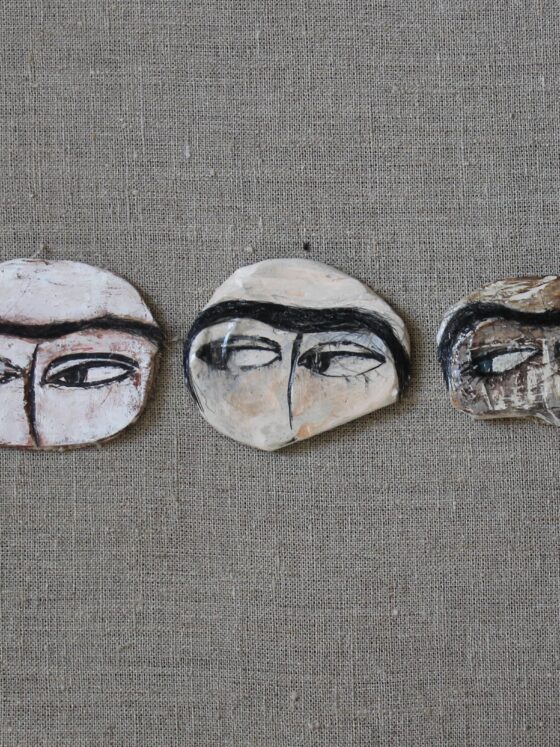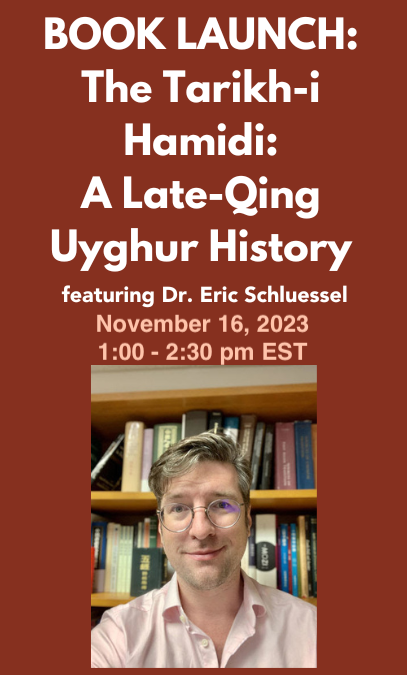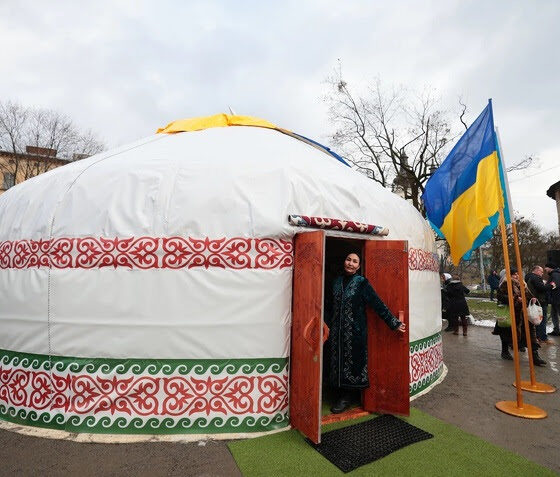Author: Darren Byler, University of Washington
Source: Central Asian Survey
Abstract:
Over the past two decades, state-directed Han settlement and capitalist development in the Uyghur homeland in Chinese Central Asia have uprooted thousands of Uyghurs, causing them to move to the city. In this article, I explore how low-income male Uyghur migrants and Uyghur culture producers build a durable existence despite these challenges. Based on analysis of migrant responses to the Uyghur-language urban fiction and indigenous music as well as ethnographic observations of Uyghur migrants from Southern Xinjiang, I argue that indigenous knowledge provides underemployed male Uyghurs a means to refuse the alienating effects of settler colonialism and economic development. By broadening the scope of what counts as ‘resistance’ to Chinese attempts to eliminate aspects of Uyghur society, I show that ‘refusal’ can be a generative way of embodying sovereignty, particularly when confronted by structural violence.













